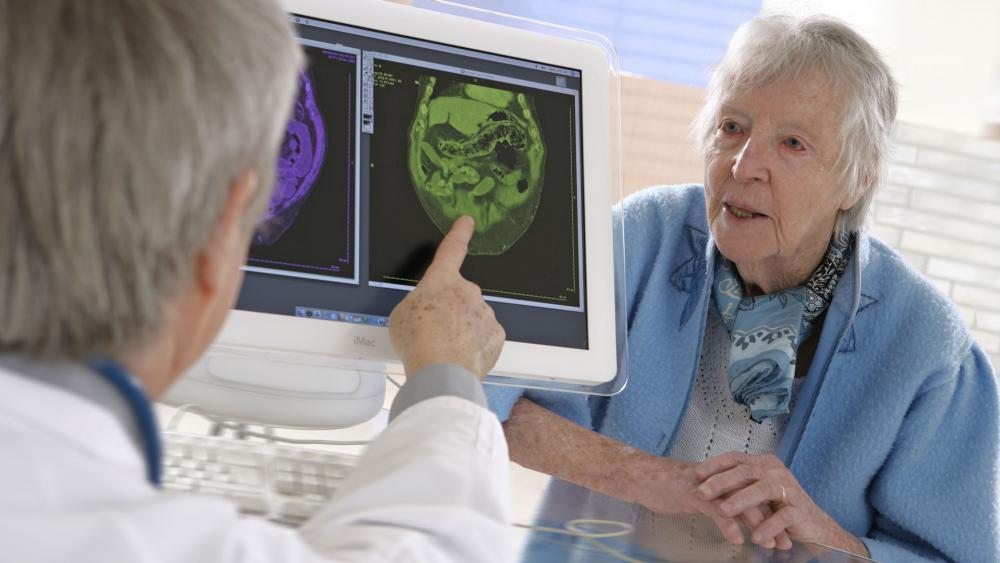VIDEO CREDIT: Much of the video above comes from a story that aired on TMJ4 News-Milwaukee. Used by permission.
More than six million Americans live with Alzheimer's Disease, and the impact on their families is significant. Spouses or other family members often assume the role of caregiver, with little to no training.
Former Wisconsin Governor Martin Schreiber is offering guidance for caregivers, based on his personal experience. He told CBN News he cared for his wife, Elaine, for nearly 20 years after she was diagnosed with the disease.
"She would get lost driving to and from places she had been driving for the last ten years. She was a great cook. Sometimes she would mess up recipes so badly she would cry," Governor Schreiber recalled. "She would come up with stories that I knew never happened. That was the beginning of the Alzheimer's journey."
Elaine died in 2022.
"If there's one thing worse than Alzheimer's, it's ignorance of the disease," Schreiber said.
He's now passing along what he learned in his book, My Two Elaines.
"A caregiver has a 40-percent chance of dying before their loved one due to a stress-related illness, so understand that number one. But then also as a caregiver, understand that there are things that you can do to make life better," he said. "We are going to help our loved one live their best life possible and we do that by joining their world."
Schreiber says joining the Alzheimer's patient's world means compassionately seeing things from their point of view. In many cases, that means avoiding correcting them. He gives this example.
"Elaine, in actuality, asked me, 'How are my parents?'"
Marty said, "They're both dead."
"No, they're not," she said.
Determined to set her straight, Governor Schreiber said, "Elaine, your parents are both dead."
He said, "The shock on her face when she realized she didn't say good-bye, much less attend the funeral, I promised myself that I would never put her through that again. So then the next time she asked me, 'How are my parents?' 'Oh,' I said, 'They're doing well. Your mom likes her church work, your dad likes...' 'Oh, she said, that makes me feel so good.'"
Schreiber says that given the high mortality rate of caregivers, they need to remember to care for themselves.
"A caregiver is the lifeline for their loved one. And a caregiver, because they don't take care of themselves by not enough sleep, by not eating right, by enough socialization, by just doing all the basic things, they gnaw at that lifeline and it becomes frayed," he said.
Sometimes friends, neighbors, and relatives don't know what to say to Alzheimer's caregivers, so they avoid them. Governor Schreiber says that only increases a caregiver's sense of isolation and despair. So he offers this advice.
"Simply acknowledging the fact to a caregiver, 'I understand what you're going through and I know it's a challenge,' that in and of itself is such a comforting experience to know that someone understands and that makes a big difference," he said.
He said blessing a caregiver can also involve offering specific ways to help, such as picking up medication, walking the dog, or sitting with the loved one for a bit while the caregiver takes a break.
So while taking care of a loved one with Alzheimer's Disease can be difficult, there are ways to make the situation better for both the patient and their caregiver.
***Please sign up for CBN Newsletters and download the CBN News app to ensure you keep receiving the latest news.
Did you know?
God is everywhere—even in the news. That’s why we view every news story through the lens of faith. We are committed to delivering quality independent Christian journalism you can trust. But it takes a lot of hard work, time, and money to do what we do. Help us continue to be a voice for truth in the media by supporting CBN News for as little as $1.












 Support CBN News
Support CBN News







